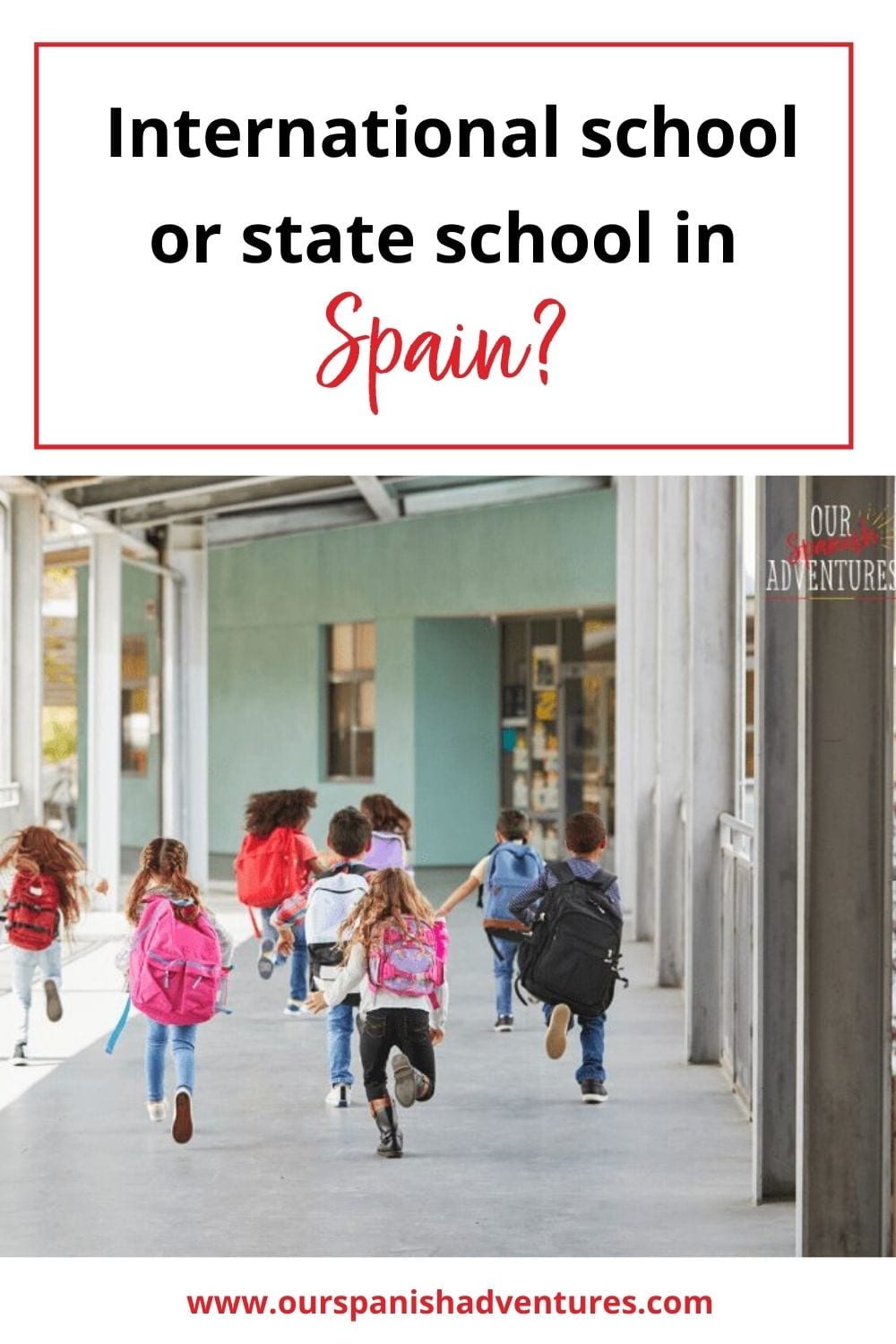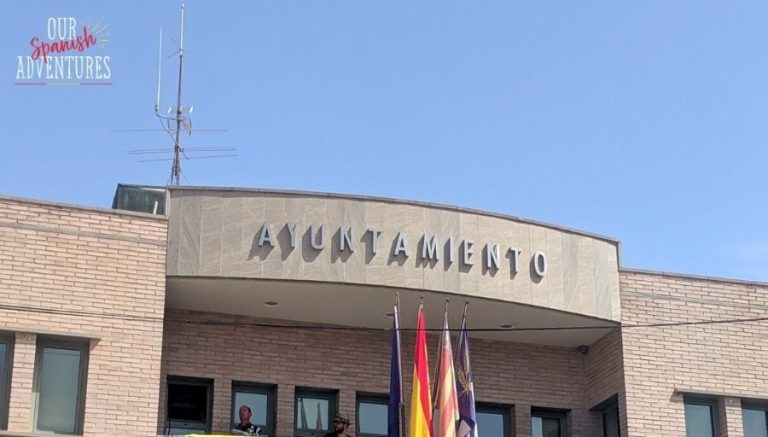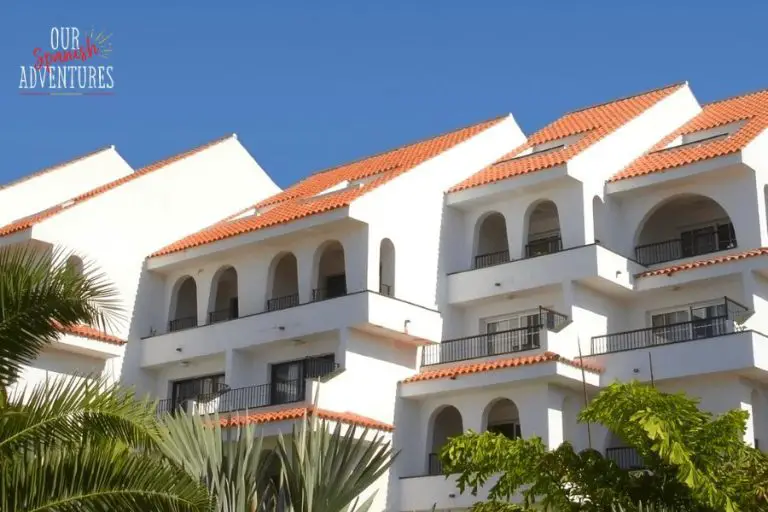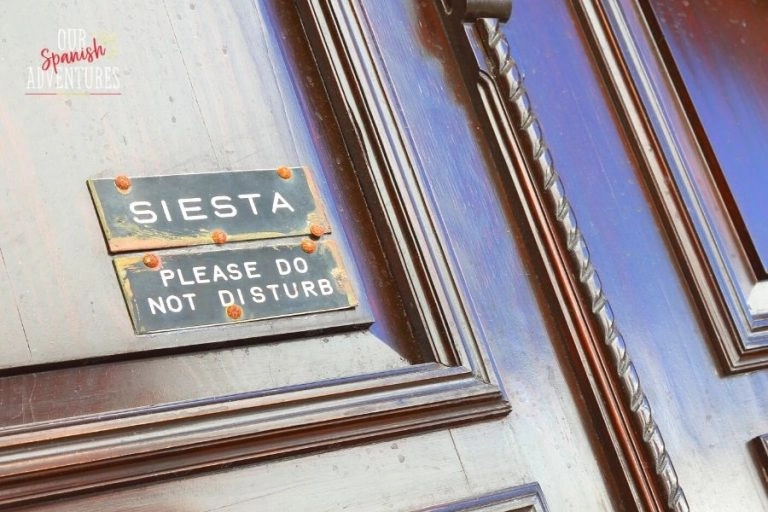International school or Spanish school?
The most asked question we get from parents thinking of moving to Spain is around what to do about schools for their children.
Choosing a school for your child is stressful in any country but how do you pick a school in Spain for your non-Spanish children?
The main decision you have to make is whether to choose an international school or Spanish school.
Below we look at the pros and cons of each option to help you make your decision on education in Spain. Read on for help finding a school in Spain for expat children…
International schools in Spain
International or British schools in Spain are often popular with expats as it allows for a much easier transition into life in a new country.
Having your child attend a school which teaches in their language and follows the work they have been used to, obviously has many pros, but there are also some cons to consider…
International school – pros
Language
The obvious plus point for sending your child to an international school in Spain is that they don’t need to worry about the language barrier. Everything is taught in English, with several Spanish lessons each week. This will also help you when it comes to meeting with the teachers!
Curriculum
Most international schools will follow the UK curriculum meaning that your children can carry on with what they have already been doing at school. They can take GCSEs and A Levels which is good if you think you will return to the UK at some point.
Small class sizes
International schools are much like private schools in the UK so your child will be in a much smaller class and receive more one on one teaching than in a Spanish school.
Better facilities
International schools usually have much better facilities, as you would expect from a fee paying school. They also tend to offer more after school activities than Spanish schools.
International school – cons
Language
Speaking English all day can also be a negative point as your child will have less opportunities to learn Spanish than they would at a Spanish school. They will have English friends and teachers, and mostly speak, read, and write in English.
Less Spanish friends
Very few Spanish children go to international schools so if you want your children to mix with local children and make Spanish friends they will find this quite difficult at school as they will mostly mix with expats children.
High fees
International school fees are pretty similar to private school fees in the UK, and increase as your child gets older. If you have moved to Spain to enjoy a lower cost of living, this can dramatically increase your outgoings.
Location
There aren’t as many international schools as Spanish schools so you can expect to have a bit of a commute. Most international schools are located in bigger towns or cities and children will often have to take a private school bus, which is payable on top of the fees.
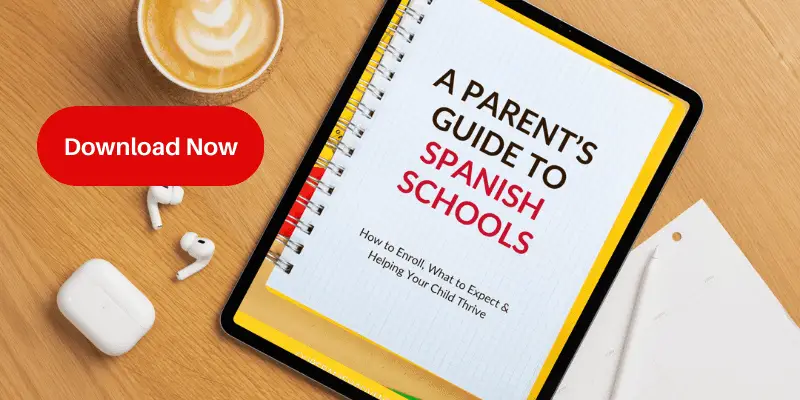
Spanish schools for expat children
Parents wanting their children to integrate into the local community and the Spanish way of life as quickly as possible often choose to send their kids to the local Spanish school.
The Spanish school system is a bit different to that of the UK, and can take a bit of getting used to. As with international schools there are both pros and cons…
Spanish school – pros
Free
Spanish state schools are completely free to attend, though you may have to pay for books and materials. This is a definite plus point if you are looking for a cheaper life in Spain.
Second language
Your child will be immersed in Spanish from day one and will most likely be fluent in Spanish within a year. Spanish schools have an obligation to help foreign children, so they will most likely have extra Spanish lessons at school for their first year or two.
Spanish friends
Whether the school has other British children or not, you can guarantee that your child will make Spanish friends very quickly, which helps them to integrate into the community.
Location
Children will usually go to their nearest school for infant and primary, meaning you can usually walk and don’t have a long commute. It also means all your child’s new friends will live locally.
Spanish school – cons
Language barrier
At first, not knowing Spanish can slow down your child’s learning. They may not understand what is being said in class and may fall behind. Most children can catch up again, but this will obviously depend on your child.
Most teachers don’t speak English
If you don’t speak Spanish yourself, you may face difficulties when speaking to your child’s teachers and when trying to understand what’s being said at meetings.
Regional languages
Depending on where you live, you may find that a regional dialect such as Valencian or Catalan is also spoken in school. It could mean that some lessons are taught in this language rather than Spanish. Having two languages to learn at once is extremely difficult.
Curriculum
The Spanish curriculum is very different to the one in the UK, so your child will find that they can’t just pick up where they left off. Students work towards International Baccalaureate exams, which could cause difficulties if you plan to return to the UK before they leave school.
Conclusion
At the end of the day, which type of school in Spain you choose will depend on your situation and your child. Whichever you choose we recommend asking the school lots of questions, and booking a visit first if possible.
Pin for later:
